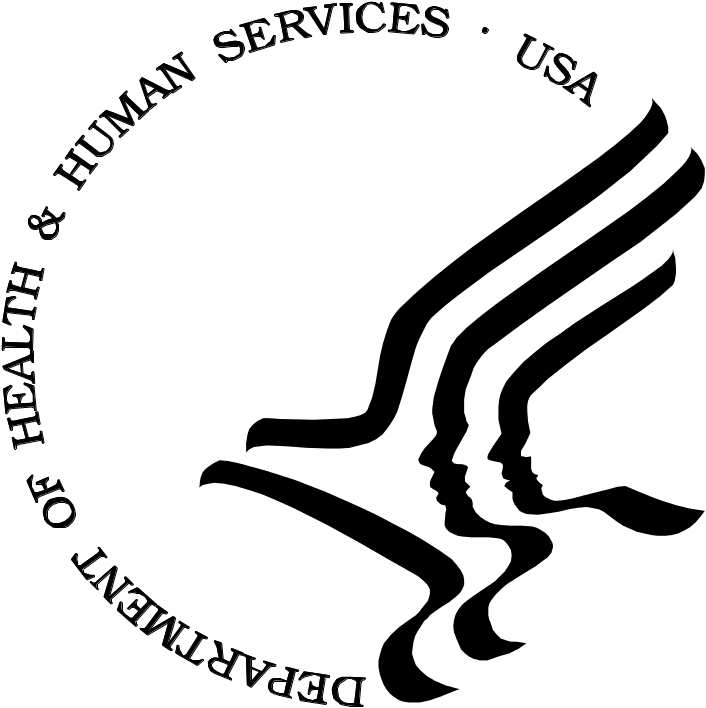Supporting Statement
QDRL OMB-10-day letter-SLAITS 101410 (2).doc
NCHS Questionnaire Design Research Laboratory
Supporting Statement
OMB: 0920-0222
 DEPARTMENT
OF HEALTH & HUMAN SERVICES Public
Health Service
DEPARTMENT
OF HEALTH & HUMAN SERVICES Public
Health Service
Centers for Disease Control and Prevention
 National
Center for Health Statistics
National
Center for Health Statistics
3311 Toledo Road
Hyattsville, Maryland 20782
October 15, 2010
Margo Schwab, Ph.D.
Office of Management and Budget
725 17th Street, N.W.
Washington, DC 20503
Dear Dr. Schwab:
The staff of the NCHS Questionnaire Design Research Laboratory (QDRL) (OMB No. 0920-0222, exp. 03/31/2013) plans to conduct research to evaluate selected questions from a SLAITS National Survey of Children’s Health (NSCH) questionnaire in preparation for the third iteration of this survey in 2011. These questions include some for which OMB approval has already been received by SLAITS (on September 7) and some questions that might be included in a future OMB SLAITS request.
We propose to start advertising for volunteer participants as soon as we receive clearance and to start testing as soon as possible after that.
Background Information about Cognitive Testing of Questionnaires
The methodological design of this proposed study is consistent with the design of typical cognitive testing research. As you know, the purpose of cognitive testing is to obtain information about the processes people use to answer survey questions as well as to identify any potential problems in the questions. The analysis will be qualitative.
Proposed project: SLAITS, National Survey of Children’s Health (NSCH)
The NSCH is conducted by the SLAITS mechanism of the National Center for Health Statistics (NCHS), with contractor assistance. The NSCH provides the following: (1) representative estimates of the physical, mental, and emotional health and well-being of children aged 0 to 17 years for the nation, each of the 50 states and the District of Columbia (DC); (2) timely, high quality, uniform, and comparable data to develop policy, plan programs, assess progress toward achieving performance goals for key health indicators, Title V block grants of the Social Security Act (SSA) and 2020 program objectives; and (3) contextual information on the overall health and well-being of the general population of US children and their families.
The National Children’s Health (NSCH) questionnaire that we are evaluating appears in Attachment1. The testing procedure will conform to the cognitive interviewing techniques that have been described in our generic ERB clearance package.
In early 2011, SLAITS will be fielding the 2011 NSCH. Questions for that survey such as media questions, some autism questions, and other general questions are part of this cognitive test.
In addition, the Office of the Assistant Secretary for Planning and Evaluation has been in contact with the SLAITS program about the possibility of repeating administration of a questionnaire that was originally fielded in 2001 as part of the Congressionally-mandated evaluation of the Children's Health Insurance Program. This questionnaire asked parents of uninsured children about their knowledge of and experiences with the Medicaid and CHIP programs. ASPE has also expressed interest in collecting additional data about reasons why previous spells of insurance ended and about the availability of employer-sponsored insurance. Several questions related to these topics have been added to this questionnaire in preparation for this future SLAITS activity. A request for approval of this future SLAITS will be submitted to OMB at a later date.
Cognitive interviews will be conducted with as many as 25 adult parents or guardians (aged 18 years and older) of children 0-17 years of age who live together in a household and are knowledgeable about the health and health care of the child. Since Autism is of particular interest to the sponsor, our goal is to get a mix of parents and guardians with 1) children who have been diagnosed with Autism; 2) children who were diagnosed with Autism but not longer have it, and 3) children with no Autism diagnosis. In addition, we hope to recruit parents or guardians with some demographic variety (particularly in terms of gender, education, race/ethnicity, income, and insurance status). Absolutely no children under the age of 18 years will be interviewed.
We plan to recruit respondents through a combination of a newspaper advertisement and flyers. The newspaper advertisement/flyer is shown in Attachment 2. Flyers may be posted at children’s mental health services organizations, associations, self-help groups, etc.
Interviews will be conducted by QDRL staff members either in the QDRL, or in a private room of a community-based organization with an individual respondent for 60 minutes each. With the consent of the participants, the interviews will be recorded on videotape or audiotape. Participants will be informed of taping procedures (including observation if applicable) in the process of reviewing the consent forms, and the equipment will be turned on once it is clear that the procedures are understood and agreed upon.
At the end of the interviews, participants will be paid and provided with copies of all papers they signed.
We propose paying participants $40, which is our standard payment. In total, for this project, the maximum respondent burden will be 25 hours of interviewing in addition to travel time. An updated burden table for this project is shown below:
-
Projects
Number of
Participants
Number of
Responses/
Participant
Average hours
per response
Response
burden
QDRL Interviews
2) NCHS Surveys
25
1
1
25
Attachments (2)
cc:
M. Moien
C. Walker
S. Perryman
| File Type | application/msword |
| File Title | DEPARTMENT OF HEALTH & HUMAN SERVICES |
| Author | krs0 |
| Last Modified By | mxm3 |
| File Modified | 2010-10-15 |
| File Created | 2010-10-15 |
© 2026 OMB.report | Privacy Policy